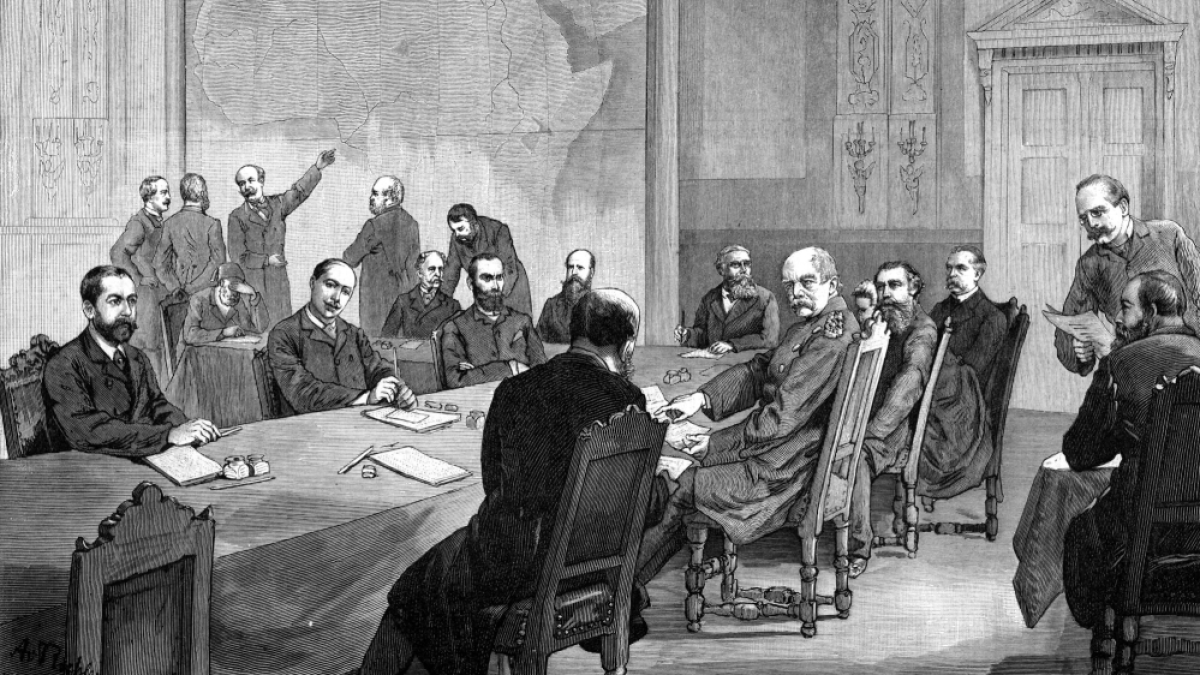
The colonial powers, during the infamous Berlin Conference of 1884-1885, carved up the African continent with little regard for the intricate web of societies that had flourished for centuries. Fast forward to the present day, and the repercussions of this seemingly haphazard division are surfacing in various forms.
Ethnic and Cultural Divisions: One of the immediate consequences of arbitrary border drawing is the division of ethnic groups and the blending of cultures within artificial borders. Communities that once shared commonalities find themselves separated by national boundaries, leading to a sense of fragmentation and sometimes contributing to inter-group tensions.
Governance Challenges: Africans inherited administrative structures that were often ill-suited to the realities on the ground. The challenge of governing diverse populations with different languages, customs, and historical experiences has persisted, hindering effective governance and equitable resource distribution.
Conflicts and Struggles: In some instances, these arbitrary borders have become focal points for conflicts. Disputes over land, resources, and political power often trace their roots to colonial-era demarcations. Nations, struggling to overcome historical divisions, find themselves grappling with internal conflicts that have far-reaching consequences.
Efforts for Resolution: Despite the challenges, many African countries are actively working to address these historical legacies. Initiatives for conflict resolution, dialogue between communities, and efforts to build inclusive national identities are underway. Regional organizations, such as the African Union, play a crucial role in fostering cooperation and understanding among member states.
The Path Forward: Experts argue that acknowledging the impact of colonial-era borders is a crucial step toward fostering a more united and cohesive Africa. Comprehensive approaches that address both historical grievances and contemporary challenges are essential to building strong, stable nations that reflect the diverse tapestry of the continent.
